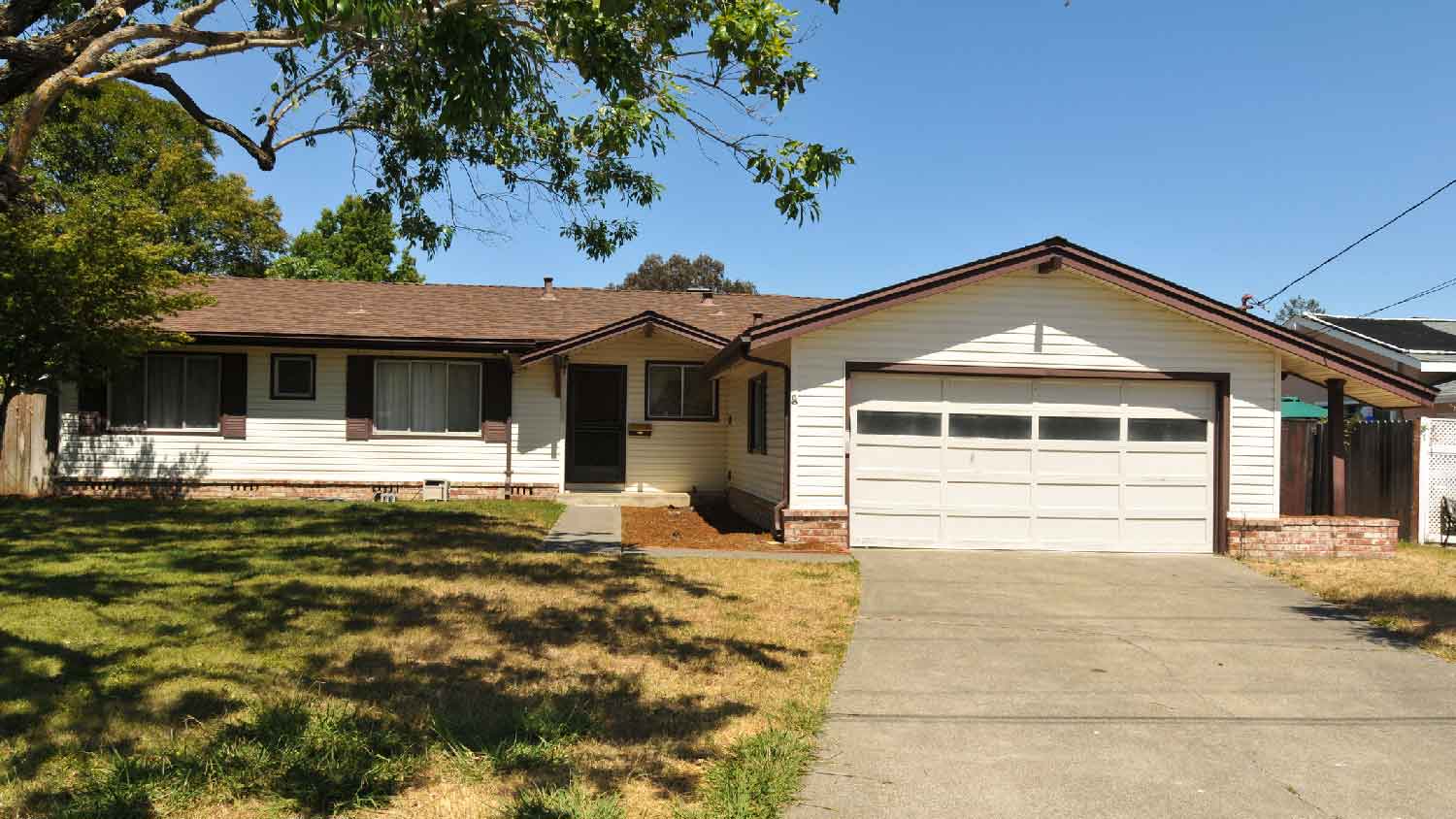
If you’re buying a house, expect to pay for an appraisal to confirm the house’s value. Learn why you need an appraisal and how much you’ll pay.
Hit the ground running after you get your appraisal


Most home appraisals are good for between 90 and 120 days.
Timelines can vary based on market conditions, the type of loan you’re getting, and your lender’s requirements.
In many cases, you can extend the validity of your appraisal by getting it updated rather than paying for a new report.
Most home sales will require an appraisal to move to mortgage underwriting, and once the appraisal is complete, the clock starts ticking. Appraisals are a professional assessment of value, and since home values fluctuate on a daily basis, appraisals come with a built-in expiration date. In this guide, we’ll explain how long appraisals are good for and discuss some factors that can affect your timeline.
In most cases, an appraisal is good for 90 to 120 days, which means you have three to four months to close before your appraisal expires and you have to order a new one. Some appraisals may only last as little as 30 days, while others can be good for an entire year. A land appraisal could be good for even longer, as land value fluctuates much more slowly than the value of homes.

There are a few factors that can affect your appraisal’s expiration timeline and leave you with as few as 30 days or as long as a year before you need to order a new one.
The type of loan you’re using can dictate how long your house appraisal is good for. Conventional loans, which are the most common, often require new appraisal reports after 90 to 120 days. Loans backed by the Federal National Mortgage Association (FNMA or Fannie Mae) and the Federal Housing Administration (FHA) normally have the longest appraisal timelines. FNMA and FHA appraisals differ from an inspection that a standard appraiser would carry out and are often more intensive, meaning they’re better indicators of value.
| Loan Type | Appraisal Expires After |
|---|---|
| Conventional | 90–120 days |
| FHA | 180–240 days |
| FNMA | 120–365 days |
| USDA | 150–180 days |
| VA | 180 days |
Lenders can also impose their own limitations on how long they’ll accept an appraisal. Some lenders may require a new appraisal or an appraisal update every 30 days, but the standard is 90 to 120 days.
An appraisal report is an estimation of property value, and since values change constantly, the speed at which the market is changing can influence how long a lender is willing to accept your appraisal report.
In a particularly hot market, where prices are on the rise or rapidly decreasing, you may need to prepare for another appraisal after just 30 days. In particularly slow markets, where values are steady, they may extend their timeline to 180 days or more, as they’re taking less risk that the value will change over time.
The age of your home can affect how rapidly the value changes, even in a hot or slow market. Older homes will often fluctuate in value with the market, while new construction tends to take longer before the market affects the value. As such, you’re more likely to see a longer expiration timeline for appraisals on new construction.
Most lenders will allow you to get appraisal updates to extend the appraisal expiration timeline if you or the other party are unable to close before the appraisal expires. This doesn’t require an additional property inspection and will often just involve the appraiser pulling new comparable sales to confirm or make slight adjustments to the appraised value.
The extension you can get from an appraisal update varies based on your lender and the type of loan, but most will add between 90 and 180 days to how long your appraisal inspection is good for.
Finally, a lender can determine that an appraisal is no longer valid if there’s a major change to the property. That change can be a positive one from a home improvement or a negative one from a natural disaster or vandalism. Anything that has a major impact on an item on the home appraisal checklist can affect the timeline. Major changes can immediately void your home appraisal, regardless of how long ago your local home appraiser completed their report.
From average costs to expert advice, get all the answers you need to get your job done.

If you’re buying a house, expect to pay for an appraisal to confirm the house’s value. Learn why you need an appraisal and how much you’ll pay.

Wondering how to improve the appraisal value of your home? Use these tips to maximize return on investment and boost your property value before you sell.

Even when property values are soaring, your home’s appraised value might not reflect it. Here are factors that could hurt your home’s appraisal.

Preparing for a home appraisal and making sure everything is in order can be stressful. Use this home appraisal checklist to make your life easier.

FHA loans are backed by the government and come with specific FHA appraisal guidelines and requirements. Learn what an FHA appraisal entails in this guide.

A home appraisal determines your home’s value. Learn how to prepare for a home appraisal to ensure you get the best appraisal possible.